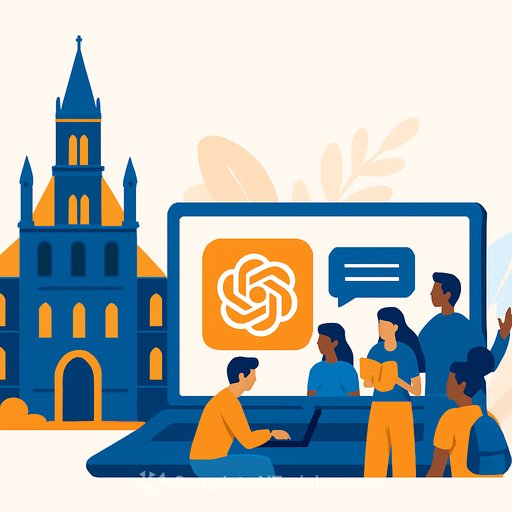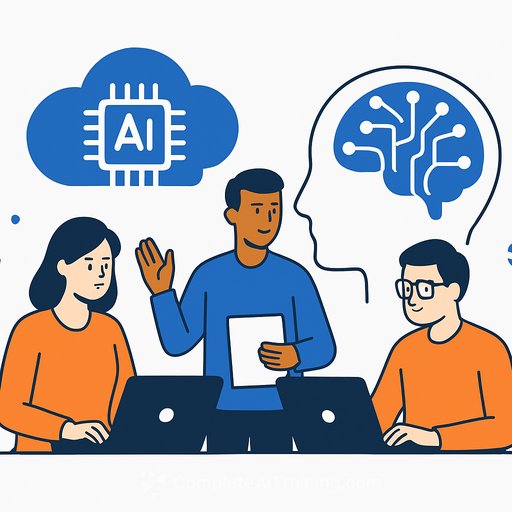Oxford becomes first UK university to roll out ChatGPT Edu to all students and staff
The University of Oxford is giving every student, academic, and staff member access to ChatGPT Edu after a year-long pilot. This is part of a five-year partnership with OpenAI, moving the institution's digital strategy from talk to execution.
ChatGPT Edu is built for university settings, with increased privacy and security so data stays under institutional control. The pilot involved about 750 people across colleges and roles, setting the foundation for a university-wide launch.
Why this matters for educators
Leaders at Oxford describe this as a significant step in digital transformation that can speed up research and help students learn in more personal ways. The goal is simple: give everyone the same high-quality AI tools, plus training, and set clear expectations for responsible use.
OpenAI's education team has framed Oxford's move as a new benchmark for how higher education can equip its community with practical AI skills. For teaching teams, this is an opportunity to upgrade study support, feedback workflows, and research assistance-without compromising data safeguards.
Key features relevant to universities
- Institution-level privacy and security controls so usage respects campus policies.
- Broad access for students and staff to standardize support and reduce tool fragmentation.
- Training that emphasizes ethics, critical thinking, and responsible application.
Practical use cases you can deploy this term
- Study support: structured outlines, formative feedback on drafts, revision plans, and citation checks.
- Research prep: literature scan summaries, research question refinement, and method comparison notes.
- Assessment support: rubric-aligned feedback prototypes and quicker turnaround on formative comments.
- Accessibility: explanations at multiple reading levels and multilingual support for core concepts.
- Admin efficiency: FAQ assistants for modules, onboarding guidance, and templated communications.
- Technical skills: starter help for data analysis, code review, and tool documentation summaries.
Policy and pedagogy: what to put in place
- Syllabus statement: what is permitted, what requires citation, and what is prohibited for each assignment type.
- Assessment design: adjust tasks to value process (drafts, reflections, sources) and apply authentic assessments.
- Academic integrity: clear guidance on disclosure of AI use and how students should reference AI-assisted work.
- Staff development: short workshops with discipline-specific examples and shared prompt libraries.
- Student onboarding: a 30-60 minute orientation covering good prompts, fact-checking, and data care.
- Data protection: align usage with institutional policies and avoid entering sensitive or personal data.
Getting started quickly
- Identify 3-5 high-impact workflows (e.g., feedback drafts, study plans, admin FAQs) and pilot them for two weeks.
- Nominate departmental champions to collect examples, set norms, and share results.
- Create a simple "AI use" rubric for consistency across modules and communicate it to students early.
- Measure impact with a few metrics: time saved, student satisfaction, and quality of outputs.
Training and further reading
Explore product specifics and education case studies here: OpenAI: ChatGPT Edu. For sector guidance on teaching, learning, and assessment with AI, see Jisc's practical guide.
If you need structured pathways to upskill teams by role and skill level, browse curated options at Complete AI Training: Courses by Job or see focused resources on ChatGPT at Complete AI Training: ChatGPT Resources.
The bottom line
Oxford's rollout signals a clear shift: AI support is moving from optional to expected. Institutions that pair access with thoughtful policy, training, and measurement will see the most benefit-for teaching quality, student learning, and staff workload.
Your membership also unlocks:




